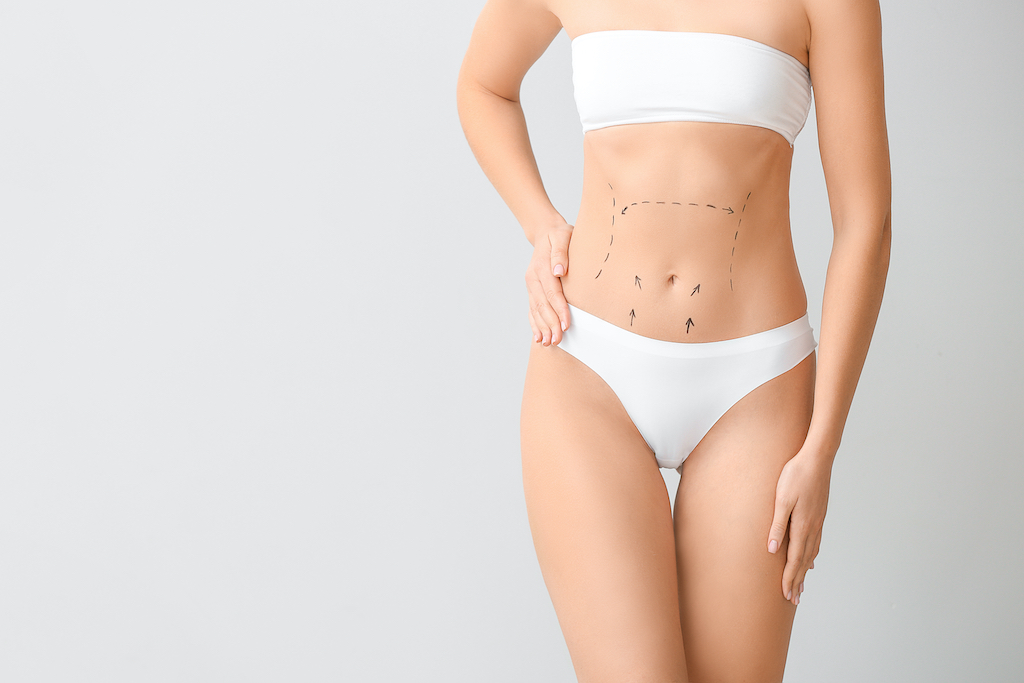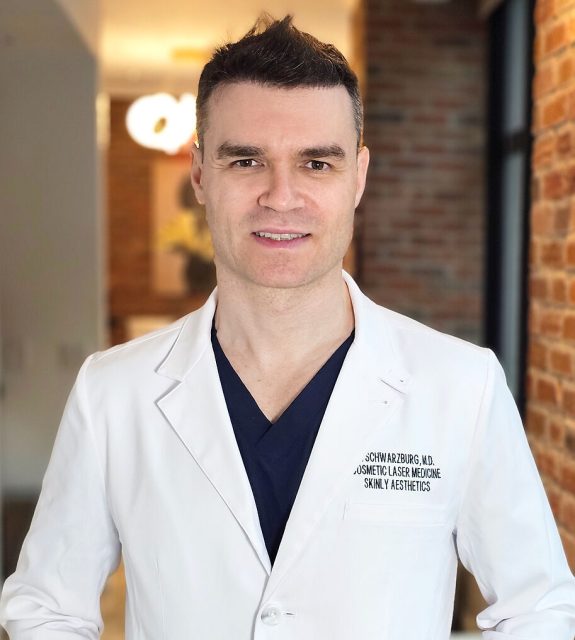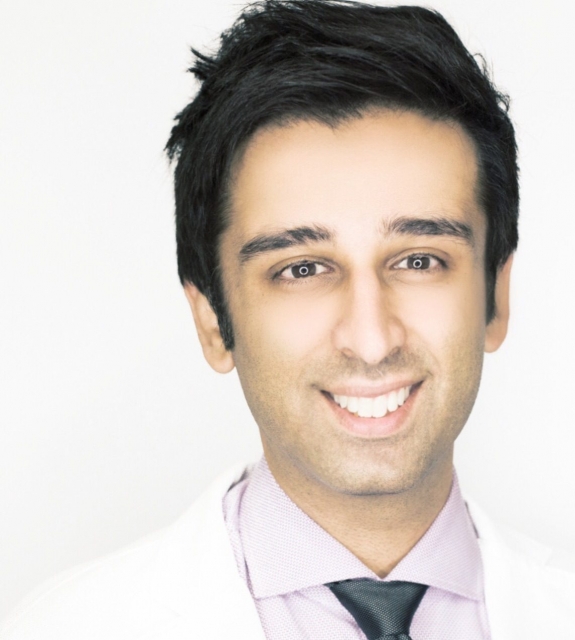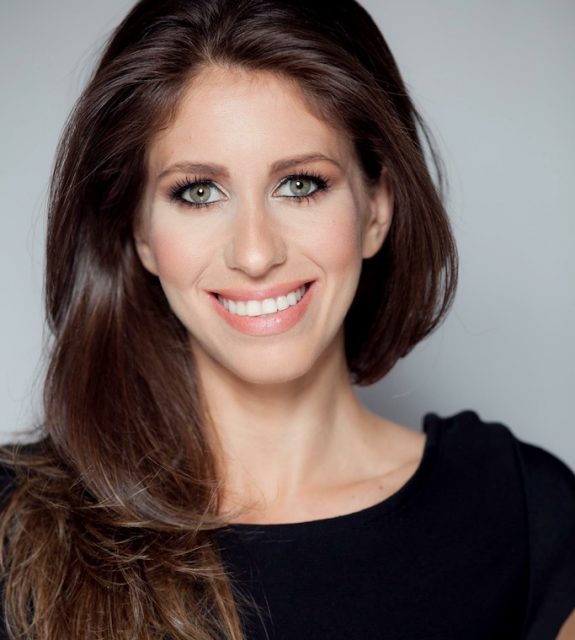Dr. Kelly Sullivan is one of the nation’s preeminent plastic surgeons, and she has developed multiple innovative surgical procedures that create beautiful, natural results with minimal downtime. Patients have traveled across the country and from overseas for her services, and many doctors and nurses have selected her to perform their own surgeries, as well as the surgeries of their family members. Dr. Sullivan has received many professional and personal awards and recognitions for her work both in her office, at the hospital, and in her community. Some of her most recent awards include America’s Top Plastic Surgeons, What’s Up Top Docs, Talk of the Town, Most Compassionate Doctor, Patient’s Choice Award, CASA Community Leadership Award, the Daily Record’s “Top One Hundred Women in Maryland,” the YWCA TWIN award, the Kevin E. Reichardt Community Leadership Award, and Castle Connelly's Top Doctors. Haute Beauty expert Dr. Kelly Sullivan goes over some pointers to consider when choosing a plastic surgeon to ensure they are safe and officially board-certified.
 Photo Credit: ShutterstockOver the last several years, several alarming articles have arrived in my newsfeed that make me worry about the safety of prospective cosmetic surgery patients. In one article, a surgeon in Florida lost his license for causing organ damage and death after liposuction and butt lift procedures. In another article, a doctor was sued for posting videos of her dancing around the operating room while her patient was asleep for surgery. It is obvious that patients’ safety and privacy were disregarded by these doctors – what is less obvious is that these doctors were NOT Board Certified Plastic Surgeons.
Photo Credit: ShutterstockOver the last several years, several alarming articles have arrived in my newsfeed that make me worry about the safety of prospective cosmetic surgery patients. In one article, a surgeon in Florida lost his license for causing organ damage and death after liposuction and butt lift procedures. In another article, a doctor was sued for posting videos of her dancing around the operating room while her patient was asleep for surgery. It is obvious that patients’ safety and privacy were disregarded by these doctors – what is less obvious is that these doctors were NOT Board Certified Plastic Surgeons.
When researching a plastic surgeon, it is increasingly difficult to detect impostors based on information posted on the internet. Physicians, or even non-doctor medical providers like nurses or medical assistants, will call themselves “cosmetic” doctors or surgeons after attending a weekend course on Botox or liposuction, for example. But even these common procedures can turn destructive or deadly when performed by untrained hands.
To protect yourself, here are some pointers:
• Make sure your plastic surgeon is Board Certified in PLASTIC SURGERY, not COSMETIC SURGERY
These two things may sound the same to you, but there is no official board of cosmetic surgery. A doctor (dermatologist, OB-GYN, family doc, etc) can call themselves a cosmetic surgeon without having any special training. If a doctor’s website uses the term “cosmetic” without listing Board Certified in Plastic Surgery, think RED FLAG!
• Did your surgeon do a plastic surgery residency?
If your surgeon did a residency in dermatology, OB-GYN, internal medicine, or another medical specialty, think RED FLAG! If this isn’t clear from the website, ASK THE DOCTOR. The only way to become Board Certified in Plastic Surgery is to do a plastic surgery residency.
• A one-year “Cosmetic Fellowship” does not make a doctor Board Certified in Plastic Surgery
Some doctors want to take the short route and do a one-year “cosmetic fellowship” to learn how to do aesthetic procedures. These are not accredited fellowships and are not acknowledged by the Board of Plastic Surgery. If a doctor did a “Cosmetic Fellowship” without doing a plastic surgery residency, think RED FLAG!
• Look for the LOGO
Only Board Certified Plastic Surgeons are allowed to be members of the American Society of Plastic Surgeons and to use their logo.
For more information, visit Dr. Kelly Sullivan MD,FACS's social media:






















